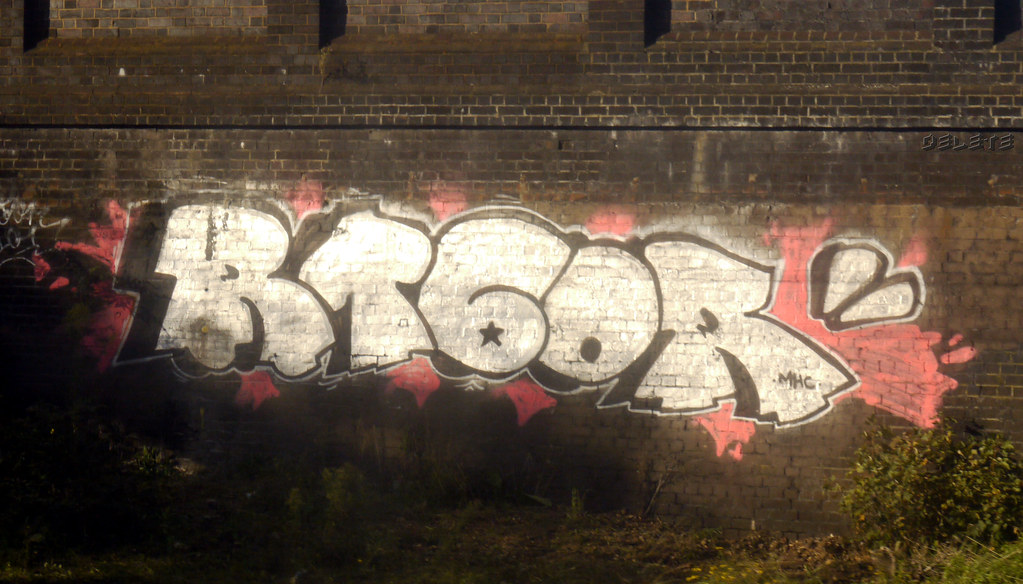rigor
1a (1): harsh inflexibility in opinion, temper, or judgment: severity (2): the quality of being unyielding or inflexible: strictness (3): severity of life: austerityb: an act or instance of strictness, severity, or cruelty
As teachers, it is too easy to operate from a paradigm of worry and fear. Teachers, along with athletes and politicians, share the unlucky burden that everyone in society has an opinion on the best way to do our job. In addition to having an opinion about how well we do our work, many also think they could do our job better than we could (this additional burden most athletes don't share with teachers). Indeed, it is rare to question a doctor's expertise. We give our stock broker (I'm a teacher, I don't have a stock broker) our full confidence, we don't tell him how to work his job. Nor do we tell our mechanic, doctor, and accountant the best way to practice their progression. However, people think they know how to teach. Because of that, folks are quite free with sharing their opinions with teachers. They think they know better.
In my career, the overwhelming majority of the parents of students I have taught have been fully supportive and appreciative. For those who have criticized me, sometimes it's been deserved or a legitimate difference of opinion. Other criticisms are wildly off the mark. In the category of wildly off the mark criticisms, the most common one is that I'm not hard enough or that my class is too easy. For instance, two years ago I taught 5th grade. The books I taught were at a 5th grade reading level. Some parents found these books too easy and urged me to teach more difficult books, which happened to be considered "classics" and likely books they themselves read in school. It will "stretch them" I was told. I sit here searching for a metaphor or comparison in another profession. Perhaps it's akin to asking a JV basketball coach why she isn't teaching her players to dunk. One can't learn if material is too hard. It isn't a matter of wanting it or trying hard enough to get it. There are such things as reading levels and one truly cannot fully comprehend text beyond one's own instructional reading level- no matter how hard one tries.
When government wants to fix the "school crisis" it puts together blue ribbon commissions on how to improve education. These commissions are usually stocked with business people, not teachers. Wouldn't it have been great if a group of teachers was assembled after the stock market crash of 2008 to fix business?
We are constantly bombarded with stories blaring headlines bemoaning the sorry state of American education. Last week, we were told SAT scores continue to drop. Buried in these stories is the explanation, even though the stories themselves don't ascribe the drop to this cause. A larger percentage of students are taking the tests! Rich kids have always taken the test. Middle-class kids have always taken the test. More poor kids are taking the tests. Social class replicates itself. The best school districts are the best not because they have the best teachers, the best school districts are the richest school districts. Still, I'm sure business leaders and politicians will soon call for higher standards, greater rigor and more testing so these troubling SAT scores can improve.
My point is that teachers are always being told to be harder, test harder, "raise expectations" (my favorite..., what teacher worth her salt has low expectations?), and increase rigor. If a teacher makes sure the work is appropriate for children of a given age, we risk being seen as being too easy. That's why I believe many teachers err on the side of being too hard. The proximal zone, of course, is to pick concepts, reading, and material just beyond what they are currently able to do themselves and then help them do it. That's how one really teaches a child.
. Tweet


No comments:
Post a Comment